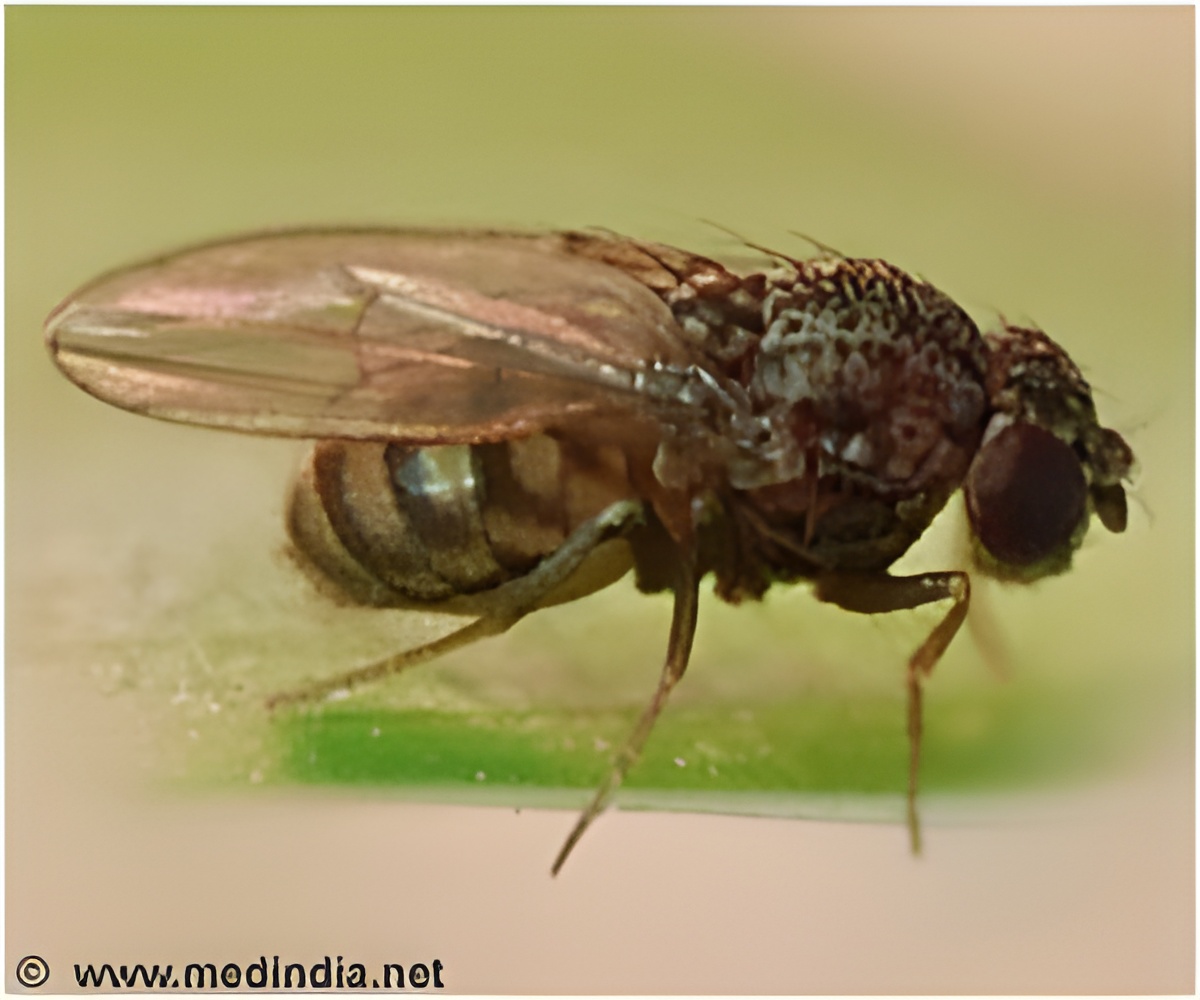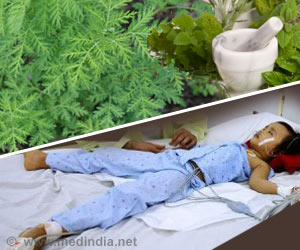
It has already issued an alert about the reappearance of polio in the north of the country, where tuberculosis, typhoid and scabies have again become endemic.
"Three cases of myiasis, otherwise called screw flies, were reported on November 19 in Syria," WHO spokesman Christian Lindmeier told AFP.
The cases were spotted in Douma, a rebel bastion northeast of the capital held by a Salafist group, which has been under government siege for more than a year, with residents facing dwindling food and medical supplies.
"This disease is not so much a danger in itself, but should rather be seen as an indicator for very bad water supply, sanitary and hygienic, as well as socioeconomic circumstances in besieged and hard-to-reach areas," Lindmeier said.
He pointed out that neighbouring Damascus, which usually has a daily supply of around 350,000 cubic metres of water, "has lost two thirds of its drinking water supply".
Advertisement
The multi-sided Syrian conflict has killed more than 195,000 people since it began three and a half years ago as an uprising against President Bashar al-Assad's regime.
Advertisement










